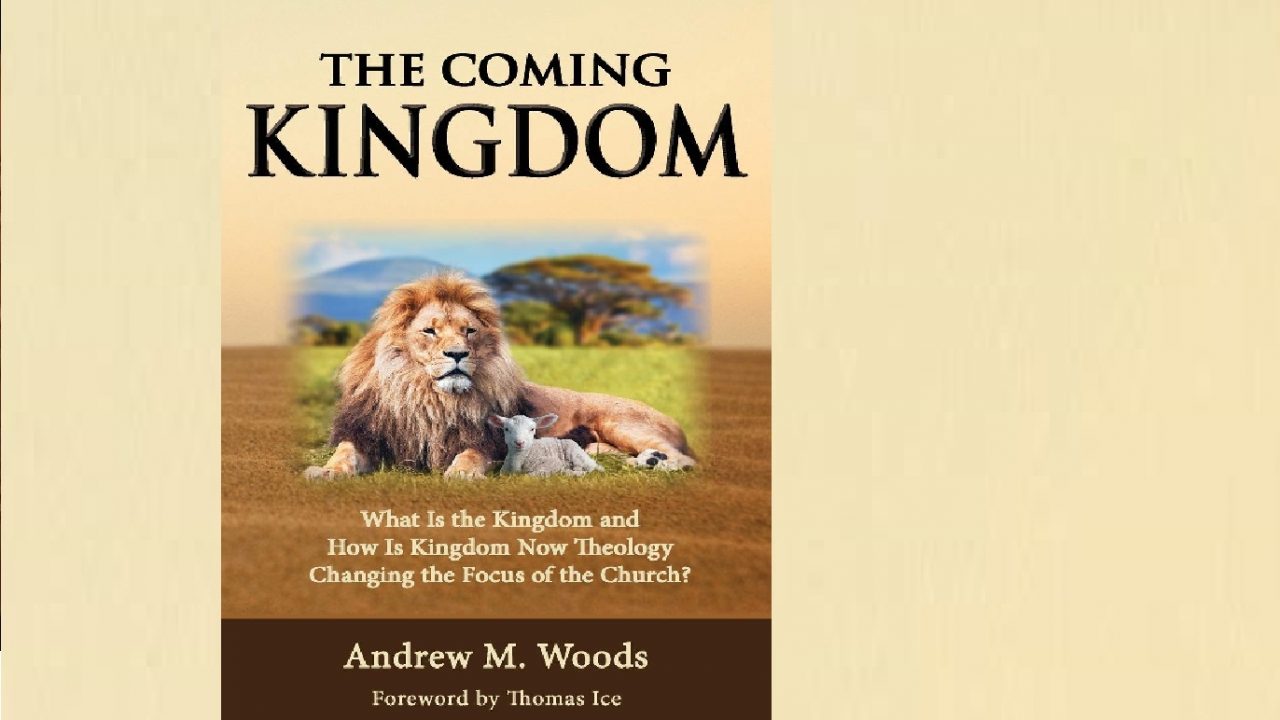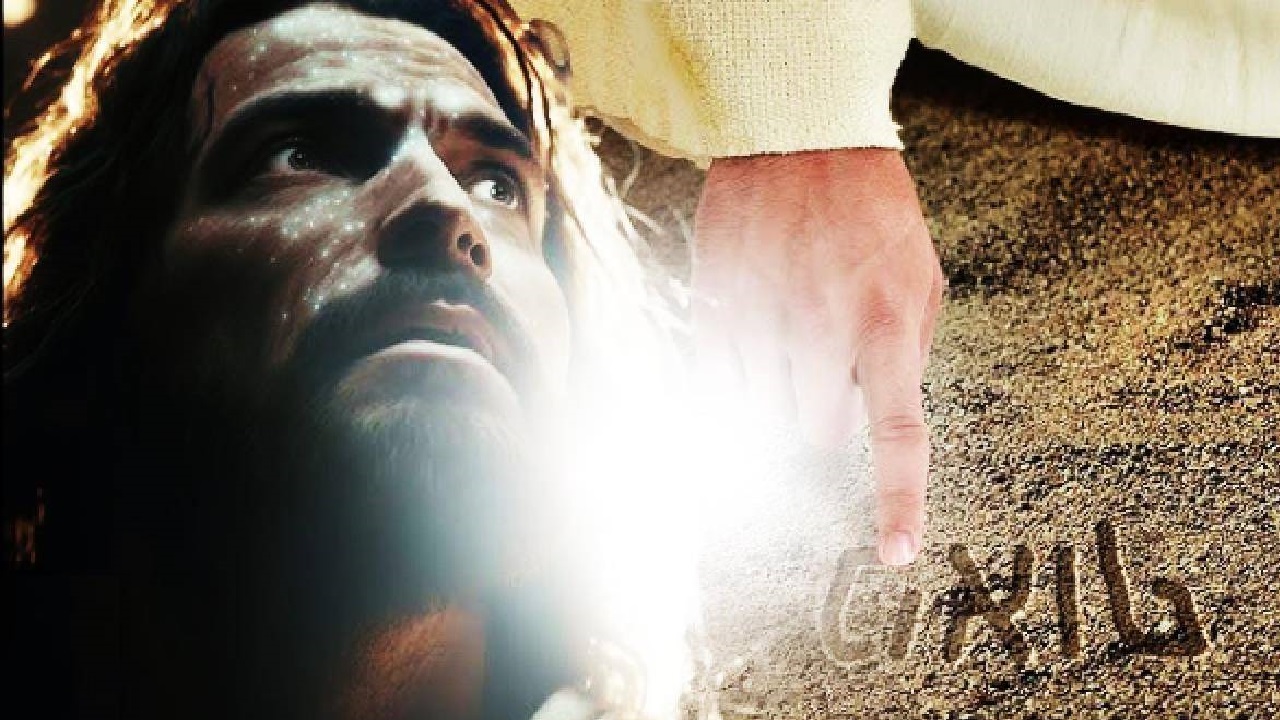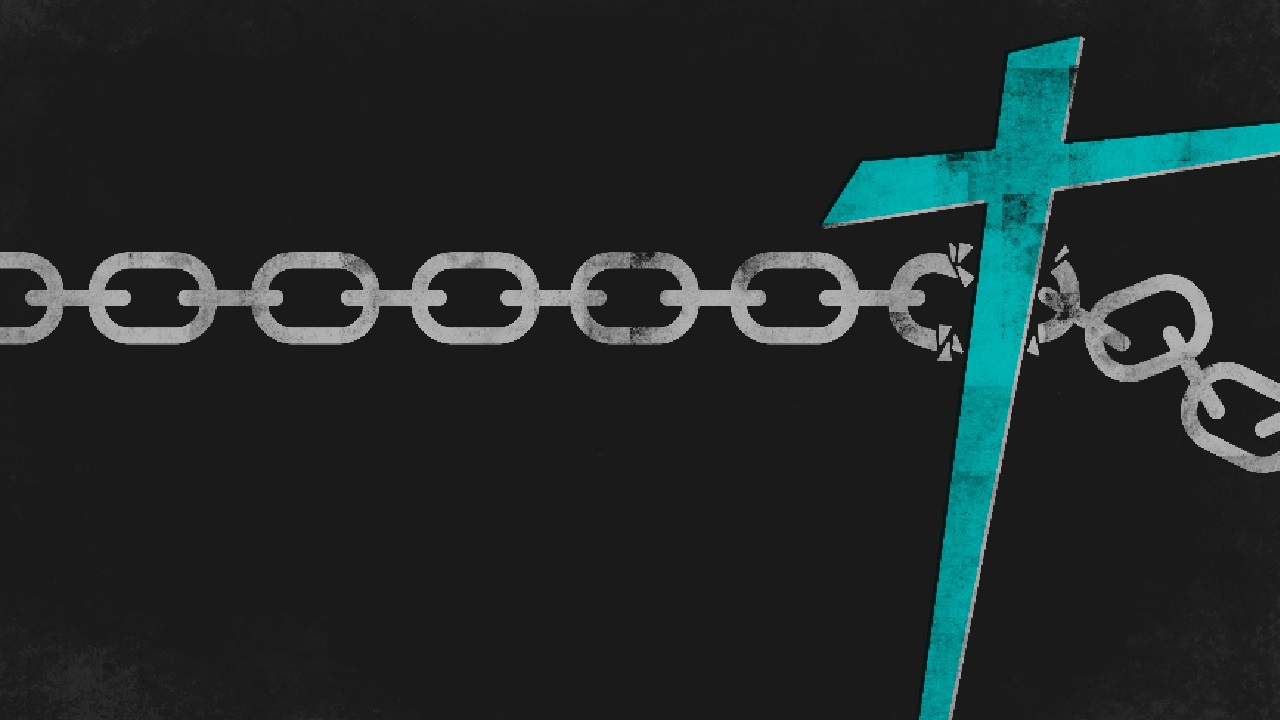From Woods, The Coming Kingdom.
How could the kingdom be within the satanically empowered Pharisees (John 8:44)? These unbelieving Pharisees were the very individuals plotting to murder Christ at the very time that these words were uttered. Thus Craven observes, “The supposition that He indicated an existing Basileia . . . implies that it was set up in (or among) the Pharisees.”
Furthermore, Christ’s kingdom could not be within them since the Scripture always portrays people entering the kingdom (Matt. 5:20; 23:13; John 3:5) rather than the kingdom entering people. Besides, regarding this notion of the kingdom being inside God’s people, we might ask, does Christ perfectly reign in the hearts of the believer today? If so, why are there consistent commands given in the New Testament epistles against grieving (Eph. 4:30) and quenching the Holy Spirit (1 Thess. 5:19)?
In addition, this frequent rendering of “the kingdom of God is within you” converts the kingdom into a spiritual reality only. However, as has been demonstrated in prior chapters, a terrestrial, geopolitical element is always included in the Old Testament’s presentation of the kingdom. Such an abrupt change from understanding the kingdom as encompassing this physical reality to solely a spiritual reality is tantamount to hermeneutically changing horses in midstream. Why would Christ, or any of the New Testament writers for that matter, introduce such a radical transition without any in-depth commentary explaining that such a transition was underway?
[If] Jesus set up a present, spiritual form of the kingdom during His First Advent, then why is His earthly ministry subsequent to these verses characterized by perpetual promises of a future, earthly kingdom? For example, in Matthew 19:28, Christ promised His disciples, “Truly I say to you, that you who have followed Me, in the regeneration when the Son of Man will sit on His glorious throne, you also shall sit upon twelve thrones, judging the twelve tribes of Israel.” In Matthew 26:29, He similarly told His disciples, “But I say to you, I will not drink of this fruit of the vine from now on until that day when I drink it new with you in My Father’s kingdom.”
Even Christ’s closest companions understood His teaching as conveying a future, earthly kingdom. Not only did the disciples believe that Christ was going to restore the kingdom to Israel (Acts 1:6), but the mother of James and John also requested that her sons be given places of prominence with the earthly kingdom’s establishment (Matt. 20:20–21). Because the request in Matthew 20 and the inquiry of Acts 1 both transpired late in Christ’s ministry, it is unlikely that the disciples had a mistaken understanding of the kingdom at this point. Also, the penitent thief on the cross obviously saw the kingdom as a future reality when he exclaimed, “Jesus, remember me when You come in Your kingdom!” (Luke 23:42). Joseph of Arimathea, a wealthy disciple of Christ in whose tomb Christ was eventually buried, also understood Christ as teaching a future kingdom. Mark 15:43 says, “Joseph of Arimathea came, a prominent member of the Council, who himself was waiting for the kingdom of God; and he gathered up courage and went in before Pilate, and asked for the body of Jesus” (italics added).
In sum, rather than translate Luke 17:21 as “the kingdom of God is within you,” it seems better to follow the translation of the New American Standard Bible, which translates verses 20–21 as follows: For behold, the kingdom of God is in your midst.”




